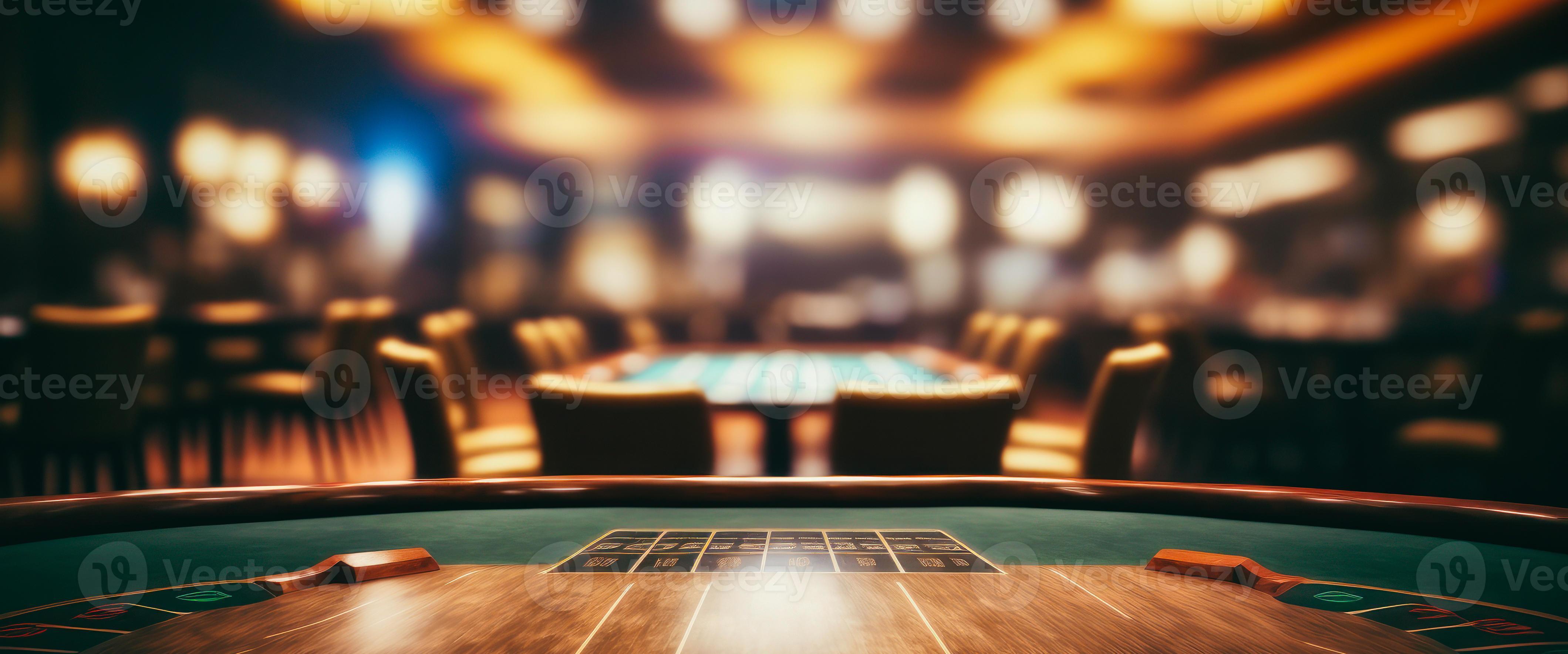
Gambling games have long captured the fascination of individuals around the world, becoming an integral part of both entertainment and tradition. From the shimmering lights of the Vegas Strip to the engaging experience of online gaming, these activities evoke enthusiasm, risk, and sometimes even a sense of remembrance. They are more than just hobbies; they have woven themselves into the texture of human experience, influencing everything from movies and melodies to fashion and writing.
The charm of casino games transcends the betting aspect, tapping into larger themes of luck, possibility, and human behavior. As players assemble around a card table or rotate the wheel of fortune, they engage in an age-old ritual that connects with our collective desire for excitement and instability. This obsession has led to the emergence of many references in cinema, songs, and gaming, showcasing how intensely entrenched these pastimes are in pop culture. Whether it is the intense drama of a legendary caper or the colorful nightlife portrayed in recordings, casino games have established a substantial role that reflects our connection with risk and reward.
Historical Importance of Casino Activities
Gambling activities have played a pivotal role in social contexts throughout history. Stemming from old societies, games of chance were often linked to rituals or gatherings. For instance, early forms of gambling can be linked back to historic Chinese and the Roman Empire, where dice games and wagering on outcomes were common pastimes. These games not only served as leisure but also as methods of connecting people, facilitating relationships among individuals within communities.
As cultures evolved, so did the sophistication and organization of casino games. The establishment of official casinos in the 17th century, particularly in the Italian region, marked a significant shift in how games were viewed and organized. With designated spaces for gambling, the casino became a social hub where patrons from various backgrounds gathered. This evolution contributed to the legitimization of the industry, transforming it from a mere pastime into an established industry that influenced economy and regulations.
The effect of gambling games on mainstream culture cannot be overlooked. As they were popularized in literature and movies, games such as poker and 21 became symbols of chance, luck, and tactics. สล็อต Iconic figures and narratives have developed around these activities, reflecting societal attitudes towards luck, prosperity, and vice. This fascination with casino games has permeated various forms of entertainment, cementing their status in the public imagination and linking them to broader cultural stories throughout history.
Depiction of Casino Games in Media
Casino games have long been a popular theme in different types of entertainment, reflecting both the excitement and nuances of gambling culture. Movies such as Ocean’s Eleven and Casino Royale portray individuals who navigate high-stakes environments, showcasing not only the allure of the gambling environment but also the methods and choices that come with playing popular games like poker and 21. These movies often dramatize the thrill of winning and the potential consequences of losing, encapsulating the risks involved in betting.
Television shows have also explored the world of gambling activities, often integrating them into the narrative as a setting for character arcs and drama. Shows like Las Vegas depict the lives of gambling employees and customers, highlighting the lively, often chaotic energy of the casino floor. Docuseries featuring high-stakes gambling competitions further emphasize the fascination of gambling activities, drawing viewers into the excitement and tactics involved in each round. Through these representations, media not only amuses but also sparks conversations about fortune, skill, and the essence of randomness.
Video games have increasingly incorporated gambling activities into their development, allowing players to recreate the thrill of gambling without monetary loss. Titles within the landscape of online gaming often include virtual slots, poker, and other popular casino games, creating an interactive experience that mirrors actual casino experiences. These digital representations make gambling activities accessible to a global audience, appealing to both risk-takers and those who enjoy the rush of simulation. As a outcome, the representation of gambling activities in media continues to shape public perception and cultural significance, highlighting their role in entertainment and the cultural landscape.
Effect of Casino Games on Society
Casino games have a meaningful impact on communities, influencing multiple aspects of societal norms and interpersonal behavior. They often serve as a venue for community engagement, where people gather to enjoy a common activity. Game nights with friends or visits to casinos become group events that foster connections and create memories. This collective aspect enhances the fun value of gambling activities, making them a favored choice for festivities and leisure activities.
Additionally, casino games have been portrayed in countless films, television shows, and literature, influencing perceptions and opinions towards gaming and betting. Icons like James Bond playing baccarat or the high-stakes poker scenes in films have embedded these games in the shared imagination. This representation often glamorizes the lifestyle associated with gambling, drawing in new players and impacting trends in both fashion and conduct. These portrayals can spark curiosity and lead to a more profound exploration of the nuances of gaming.
However, there are also adverse implications linked to the popularity of casino games. The temptation of quick monetary gain can lead to problem gambling and financial troubles for some people. Society must grapple with these issues, promoting responsible gambling and education of the dangers involved. Finding a balance between the entertainment value of gambling activities with the risks is crucial to ensure that they remain a beneficial aspect of our cultural landscape.